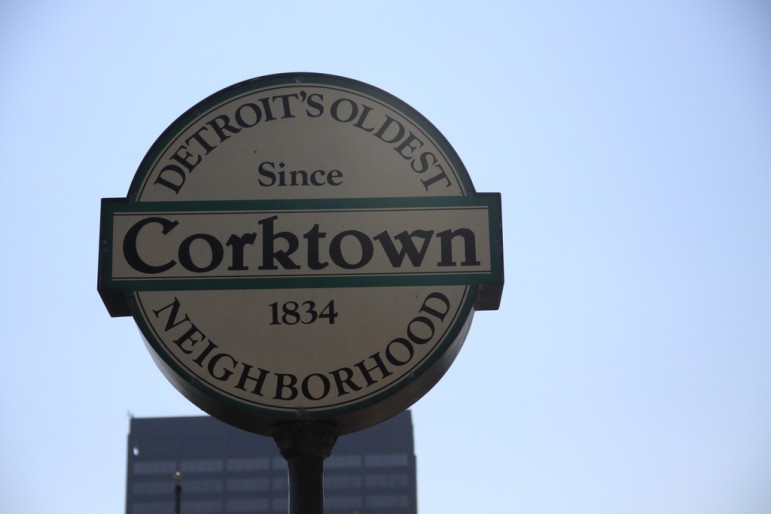
February 6, 2016; Detroit Free Press
Michigan’s historic districts may have to deal with more red tape. Two paired bills (HB 5232 and SB 720) propose changes to Michigan’s preservation laws that would force historic districts to close or sunset unless residents or preservationists reapply for the districts’ status every ten years. The two joint bills also impose other limitations that would seriously hinder the ability of districts to retain their status as protected historic places.
Among the restrictions under the new legislation, every ten years, historic districts within towns and cities, which would include Detroit’s Indian Village, Corktown, and Lafayette Park, among other places, will need to obtain approval from two-thirds of the area’s property owners as well get as a majority vote from the entire city in the next general election to renew their status.
Preservationists and others, like Suzanne Schulz, the planning director for Grand Rapids, are concerned that areas unable to keep the “historic” designation would be vulnerable to the whims of property owners.
“The value is that your neighbor can’t do something inappropriate,” said Nancy Finegood, director of the nonprofit Michigan Historic Preservation Network. “They can’t put up a chain link fence around their house and change the look of your block, which would affect your property value as well. There’s been research done that property values are higher in local historic districts.”
Sign up for our free newsletters
Subscribe to NPQ's newsletters to have our top stories delivered directly to your inbox.
By signing up, you agree to our privacy policy and terms of use, and to receive messages from NPQ and our partners.
According to John Gallagher from the Detroit Free Press, this legislation is part of a series of disputes by conservative lawmakers looking to put individual property owners’ rights above what’s best for the community. Indeed, Rep. Chris Afendoulis, a Republican lawmaker who sponsored the legislation, said he did so out of concern for property rights. According to Afendoulis, since the enactment of the 1970 law that established historic districts in Michigan, home and property owners have been restricted in the ways they can remodel their property. “If you live in an historic district, in some ways, you don’t have control over your property. […] If you’re not flexible, then a lot of people can’t afford to remodel their homes.”
At least 78 Michigan cities and towns have historic districts within their communities, including all the major ones. Finegood estimates there are around 20,000 properties within those districts, which means there’s the potential for significant change if the legislation passes. However, the legislation assumes the problem of property owners wanting to alter their property but feeling restricted by the boundaries of a historic district is widespread. Given how easily this legislation would allow the viability of historic districts that have been in place for decades to be reevaluated, we would expect to hear complaints where preservation laws have significantly violated property owners’ rights.
“It’s true that over the years we’ve heard some low-level complaints about how tough local historic boards can be in protecting the integrity of their districts,” says Gallagher in his piece. “But this proposed legislation goes way too far in trying to correct a so-called problem that is hardly a problem at all.”
If concerns truly are minimal, then this proposed legislation overreaches. Among the other restrictions included in the legislation, a city’s local council could decide autonomously that it would like to abolish a local area’s historic district status.
Locally, there has already been movement to stop the legislation from being passed. The Detroit City Council’s advisory staff has also recommended the Council pass its own separate resolution to limit the impact of the legislation should it pass. The bigger question, as also asked by Gallagher in his piece, is whether Gov. Snyder, who is already knee-deep in the Flint crisis, will take a stance on the bill.—Shafaq Hasan













